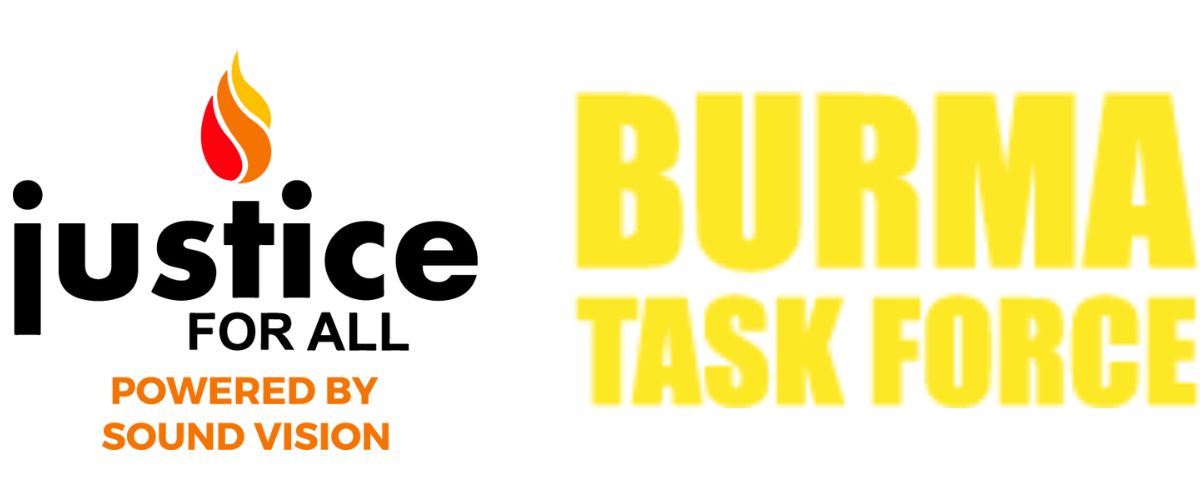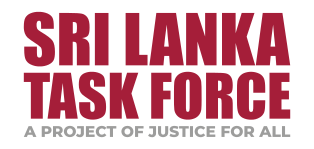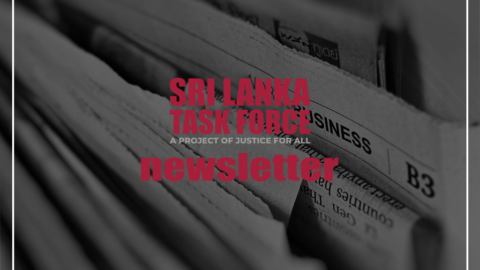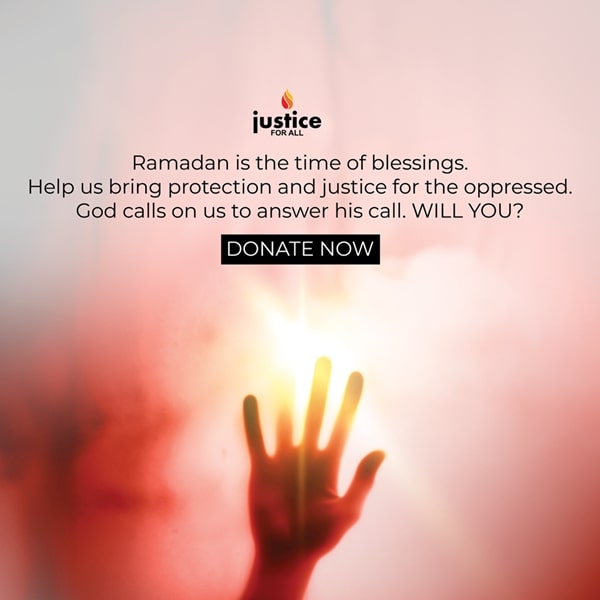July 11, 2024 Justice For All is concerned by the latest instance of systemic bias…

Rapporteur Says That De-radicalization Regulations Could Lead To Silence Of Those Who Criticize Government
15.
Rapporteur Says That De-radicalization Regulations Could Lead To Silence Of Those Who Criticize Government
Sri Lankan police continue to use the pandemic as a justification of abuse and murder. There have been recent reports of torture, extrajudicial murder, and unlawful detentions.
The Committee for Protecting of Rights of Prisoners (CPRP) had written to the United Nations Special Rapporteur in June about deaths and torture of prisoners in police custody. The CPRP had asked for accountability measures to be taken. In May and June, there had been a rise of police-involved deaths. The CPRP pointed out that police have a legal obligation to protect those in their custody and if citizens lose trust in the police, they may attempt to resolve issues on their own. The group has called for police accountability and action based on criminal law.
There have been recent cases where family members of deceased have claimed police beat or shot the person to death, but police claimed they died of drug overdoses. In other situations, police have allegedly planted drugs and performed invasive body searches.
The European Parliament wrote about deaths in police custody in its June 2021 Resolution: “whereas many suspects in police custody as well as inmates in Sri Lankan prison complexes have been killed.”
Human Rights Watch has called for independent oversight of the police to investigate and prosecute those who have violated laws.
On August 9, 2021, the United Nations Special Rapporteur wrote to the government of Sri Lanka in relations to promoting and protecting human rights and fundamental freedoms while simultaneously combatting terrorism. They expressed concerns about the Prevention of Terrorism Act’s De-radicalization regulations which went into effect in March 2021. The Rapporteur has asked for the repeal of this addition as it is against Sri Lankan international legal obligations, they wrote. The Rapporteur had sent previous communications to the Sri Lankan government and had not received a response from them. They also wrote their regret that previous recommendations by the Rapporteur had not been made.
The De-radicalization regulations may allow for the impairment of fundamental freedoms. Its language is broad and vague and permits arbitrary detentions, undermines due process, and limits fundamental rights, the Rapporteur added. They emphasized the necessity of clarity in definitions of terrorism and of the law so that people’s rights are protected.
The Rapporteur also said that the De-radicalization regulations could also lead to the direct or indirect silencing of those who criticize the government. This could also lead to or account for political prisoners under the PTA. It was noted that counterterrorism legislation (no location on where) has previously been used to target human rights defenders. They concluded that this legislation harms the rights and liberties of detainees, especially those of ethnic and religious minorities and asked for its repeal.
Articles:
Mandates of the Special Rapporteur
Sri Lanka: Police Abuses Surge Amid Covid-19 Pandemic
Sri Lanka: CPRP writes to UN Special Rapporteurs on recent deaths and torture in police custody



